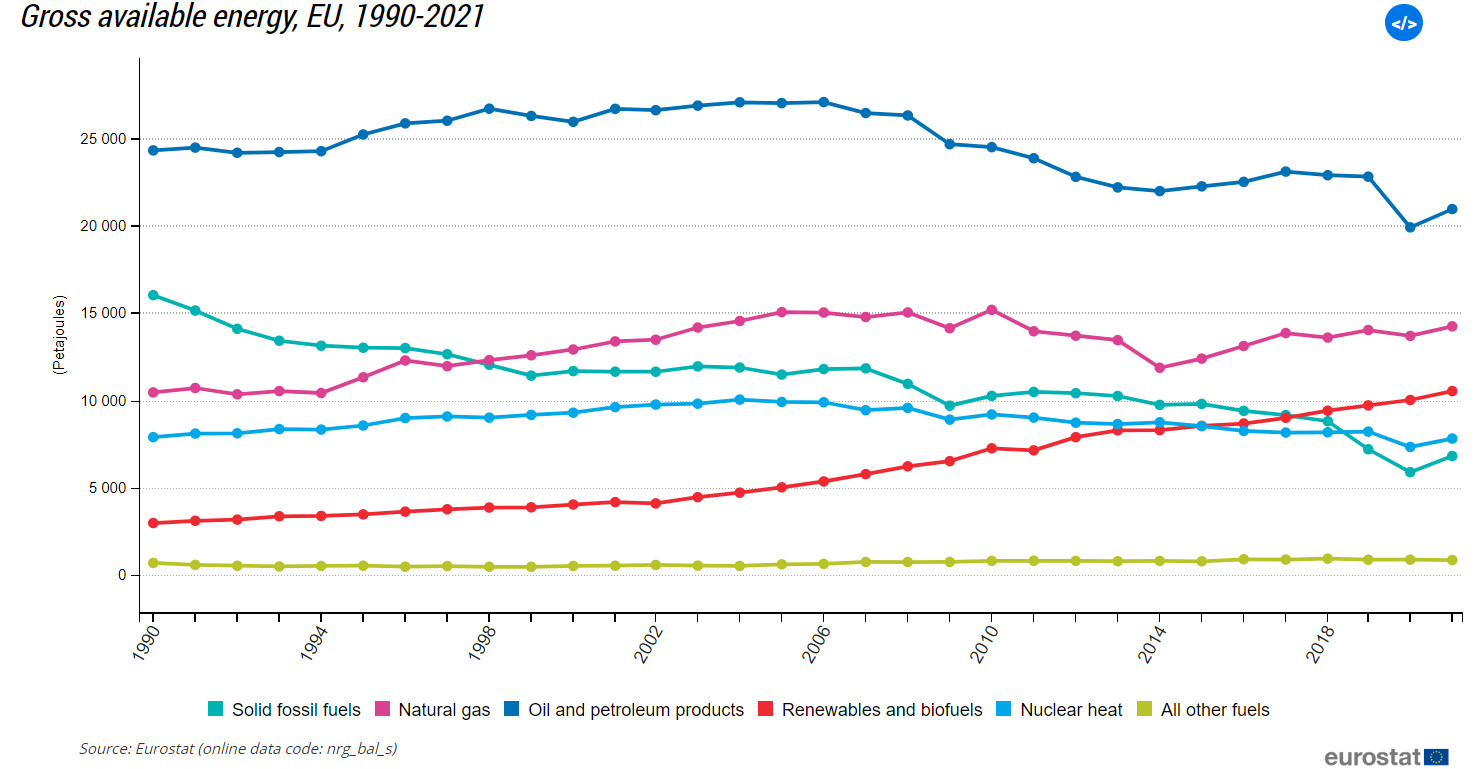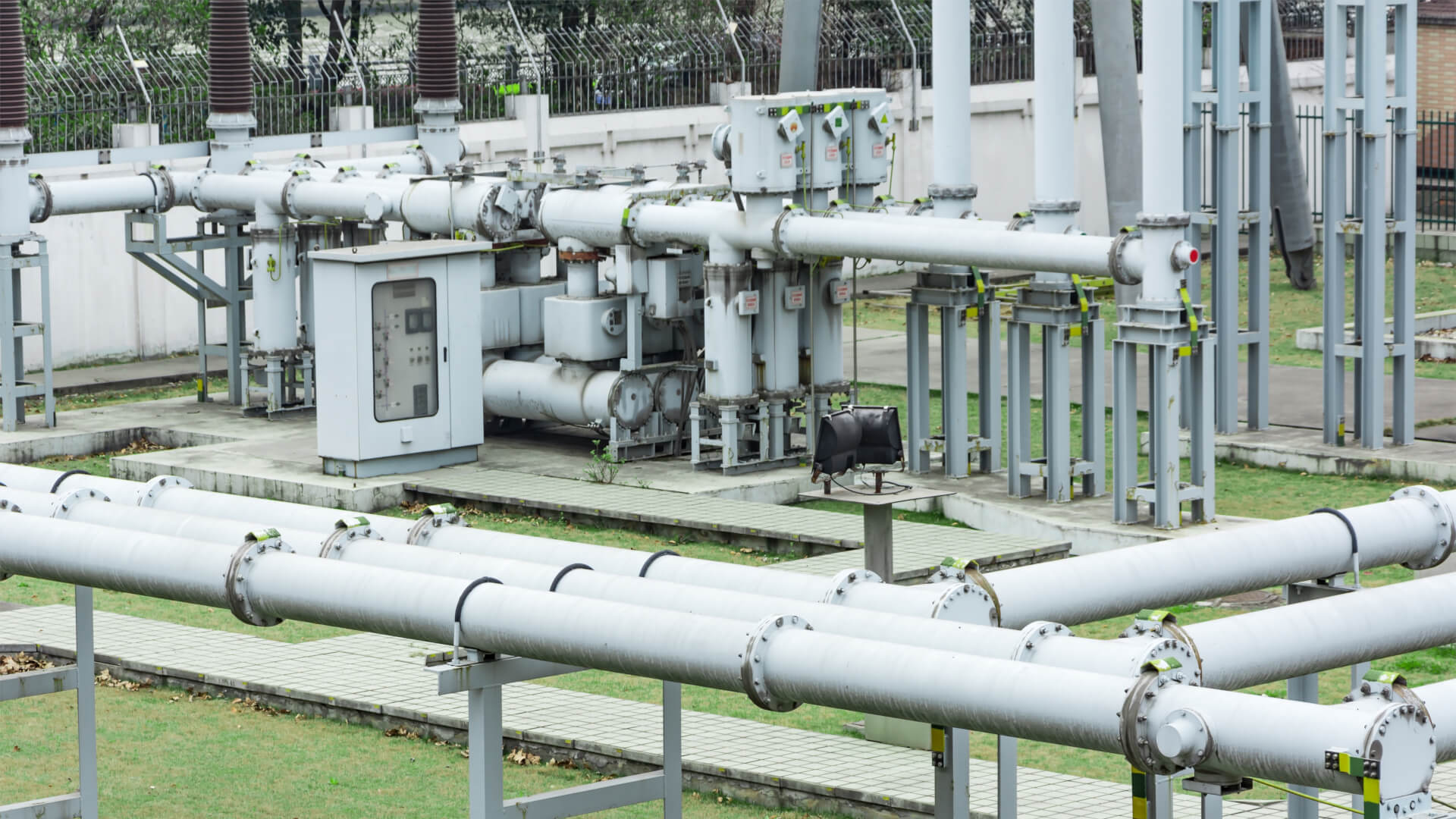
Natural gas benefits for businesses: a cleaner tomorrow
From reducing emissions to boosting economies, learn about the wide-ranging natural gas benefits shaping our energy future.
Reliability, flexibility, and a significant reduction in carbon emissions compared to many non-renewable energy sources are benefits that natural gas offers. As an option for clean-burning energy, it not only addresses the escalating demand for energy, but also directly contributes towards environmental protection goals. Learn more about the wide-ranging natural gas benefits shaping our energy future.
What is natural gas?
Natural gas is a non-renewable, odorless, colorless, and flammable yet non-toxic hydrocarbon. It finds applications in electricity generation, transportation fuel, heating, and various other purposes.
In his 2019 book, "Shale Oil and Gas Production Processes" James Speight provides the following definition for natural gas:
"Natural gas is a mixture of light hydrocarbons including methane, ethane, propane, butanes, and pentanes (the typical composition is given elsewhere). Other compounds found in natural gas include CO2, helium, hydrogen sulfide, and nitrogen. The composition of natural gas is never constant; however, the primary component of natural gas is methane (typically at least 90%). Methane is highly flammable; it burns easily and almost completely. It emits little air pollution. Natural gas is neither corrosive nor toxic, its ignition temperature is high, and it has a narrow flammability range, which makes it an inherently safe fossil fuel compared with other fuel sources."
The most important natural gas benefits for businesses
Faster adoption of renewable energy sources
Renewable energy sources, including wind, solar, bioenergy, and hydroelectric power, often face reliability-related challenges during their integration. To illustrate: when the sun does not shine, solar energy generation plunges significantly; it is at this point that natural gas steps in as a viable solution to overcome such a challenge.
Functioning as a backup energy source, natural gas, one of the most environmentally friendly non-renewable energy sources, supports and facilitates the smoother adoption of renewable energy technology for businesses.
Economic impact
Natural gas enables businesses to produce goods and services at reasonable prices; it carries a favorable economic standing due largely to its affordability compared with alternative energy sources. This underscores the positive economic importance of natural gas.
At both the macro and micro levels, natural gas critically influences the economy. It ranks as the European Union's second-largest energy source. In 2021 alone, its usage surged by 4.0% compared to preceding years. According to Statista's report, the distribution of natural gas in electricity and heat generation, as well as overall energy consumption in the EU for 2021, is outlined as follows:
-
Gross heat generation: 37.6%
-
Final energy consumption: 24%
-
Gross inland consumption: 23.9%
-
Electricity generation: 19.9%
The European Commission's chart from 1990 to 2021 illustrates natural gas not only serves as the EU's primary fossil fuel for electricity generation, but also provides each member state with a stable and reliable energy source.

Source: ec.europa.eu
Natural gas vehicles (NGVs)
Natural gas vehicles (NGVs) stand out for their significant economic and environmental advantages over gasoline and diesel alternatives. They improve air quality, decrease greenhouse gas emissions, and lessen reliance on gas.
Reduced emissions
Natural gas benefits are particularly noticeable in the ecological impact of energy production. It stands out as the most environmentally friendly fossil fuel. A gas-fired power plant emits 50% less carbon dioxide (CO2) compared to a coal power plant.
As the cleanest hydrocarbon source, it enables a balanced transition to renewable energy sources. Globally, natural gas allows swift, cost-effective, and steadfast emissions reduction.
Security of energy supply
Natural gas benefits are also evident in the security of the energy supply. Multiple energy sources enable countries to diversify their supply, which empowers them to adjust usage based on various factors. These include current prices, economic preferences, and ecological considerations.
According to the European Commission, the EU predominantly relies on imports to fulfill its natural gas demands:
"In 2022, inland demand of natural gas in the EU decreased by 13.2 % compared with 2021. In 2022, the EU's natural gas import dependency rate was 97 %. EU natural gas production continued its decreasing trend, falling by 7.2 % in 2022 compared with 2021."
A consistent energy supply contributes to a stable macroeconomic environment, a critical factor for every business.

What are the benefits of using natural gas for transportation?
Employing natural gas for transportation offers several advantages: it reduces carbon emissions, lowers operational costs, and provides exceptional utility to countries with domestic sources of this energy.
What are the environmental benefits of natural gas?
According to the Energy Information Administration, the environmental advantages of natural gas are significant compared to other non-renewable energy sources.
"Burning natural gas for energy results in fewer emissions of nearly all types of air pollutants and carbon dioxide (CO2) than burning coal or petroleum products to produce an equal amount of energy. "
Conclusion: the importance of natural gas for a greener tomorrow
We cannot underestimate the importance of natural gas. It distinguishes itself as the cleanest hydrocarbon source, providing many additional advantages. Businesses can leverage its use to achieve three key objectives:
-
decrease costs,
-
minimize ecological impact and
-
enhance their public image.
Transitioning your business processes to natural gas enables you to actively contribute towards a future that is more sustainable and environmentally friendly.
